Workshops
We have decades of experience training researchers and all levels to think and write clearly, logically, and convincingly and to display their data in especially effective ways, and thus to get their papers accepted for publication and their grant proposals funded.
Our workshops typically run for 1-4 days and can be delivered in-person or remotely.
Communicating science effectively, whether to other scientists, the media, policy makers or to the general public, is an essential skill for scientists. We must be able to communicate concisely, accurately, logically, convincingly, and in a way that will be clearly understood by the target audience, and hopefully will also be interesting! Our workshops will teach researchers at all levels how to achieve those goals.
We offer workshops on a variety of topics for graduate students and junior-senior researchers, specifically tailored to your needs. The workshops focus on how to communicate science effectively to your peers (through writing), and on the process of scholarly publishing from the perspective of, and with insights from, an experienced editor and author.
Our writing workshops are specifically designed for biologists, and especially for advanced graduate students, post-docs, and new faculty. The workshops cover not only how to write great manuscripts effectively and efficiently, but also how to go about getting those manuscripts published.
Here are some of the topics that we cover.
How to tell your story
- Myths about manuscript writing
- Your goals as a manuscript writer
- Getting yourself organized to write
- Parts of a research article
- Preparing an outline
- The most productive order of work
- Writing a first draft
- Revising for readability
- Using “context-content-conclusions “as an organizing principle
- How to write each section of a manuscript
- Writing in active vs. passive voice
- The importance of subject-verb placement
- Effective writing – the topic and stress positions+++
- Preparing stand-alone figures and figure captions
- Preparing figures appropriate for the page format of the target journal
- Best ways to use AI in preparing your manuscript
- Emerging issues and novelties in science writing (e.g. use of AI)
How to get your story published
- What do editors expect from authors?
- What are reviewers looking for?
- How to select an appropriate journal?
- Publication models (subscription-based, open access, hybrid)
- Submitting a professionally prepared manuscript
- The cover letter
- Insights into peer review
- Responding to reviewers and editor
- Challenging a rejection decision
- Insights into the game of science publishing
- Peer review models
- How to write a review of someone else’s manuscript
- The difference between quality and impact – high impact journals select for transient impact
- The metrics of scholarly publishing (impact factor, h-index…)
- Publication ethics (authorship, plagiarism, gaming the system; use of AI…)
- Emerging issues in scientific publishing – predatory publishers, preprints, data publishing and archiving, open science, social media, using science to support fake news, use of artificial intelligence (large language models)
- Social media in science communication
- Press releases and interacting with journalists
How to tell other people your story
- How to write a press release
- How to use social media wisely and effectively
- How to give an interview to journalists
- How to present your story to peers and to the public
How to write peer reviews
- How to express your assessment of a manuscript or grant proposal effectively and objectively
How to write grant proposals
How to write a compelling proposal that will convince a funding agency and skeptical reviewers to fund your work
The above are examples of what we have covered in previous workshops. We will design a workshop to meet your needs.
Talks
Here are some of the topics about which we can deliver 60-90 minute interactive talks.
- How to communicate effectively when giving a talk
- Using writing in teaching biology
- A picture is worth a thousand words – how to present your data effectively in figures and tables
- Designing effective slides for PowerPoint talks
- Writing convincing research proposals
- Navigating the increasingly complex and treacherous landscape of scientific publishing
- Publication ethics 101
- Best ways to use AI in your writing
- To preprint or not to preprint?
- Everything that you need to know about open science and open data
- Seaspiracy and why you should follow developments in aquatic animal welfare
- Fake news: the dangers of overinterpreting your results
Testimonials
Kind regards,
Some of the places where we have given workshops

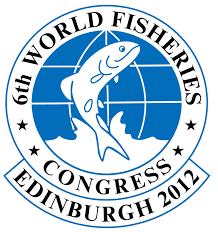









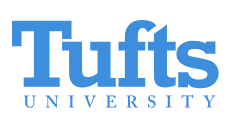









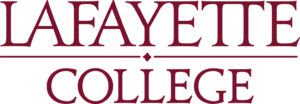
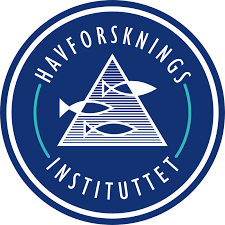










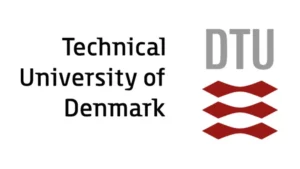


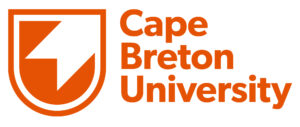
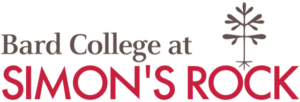

FAQ
Our combination of experience and knowledge in scientific writing, editing, publishing and publication ethics represents an exceptionally deep and broad basis from which we can offer participants in our workshop insight into all aspects of scientific writing, publishing and other forms of dissemination.
Charges are based on the amount of time that the workshop or lecture runs for and on whether it is in person or remote. Contact Howard Browman or Jan Pechenik to discuss.